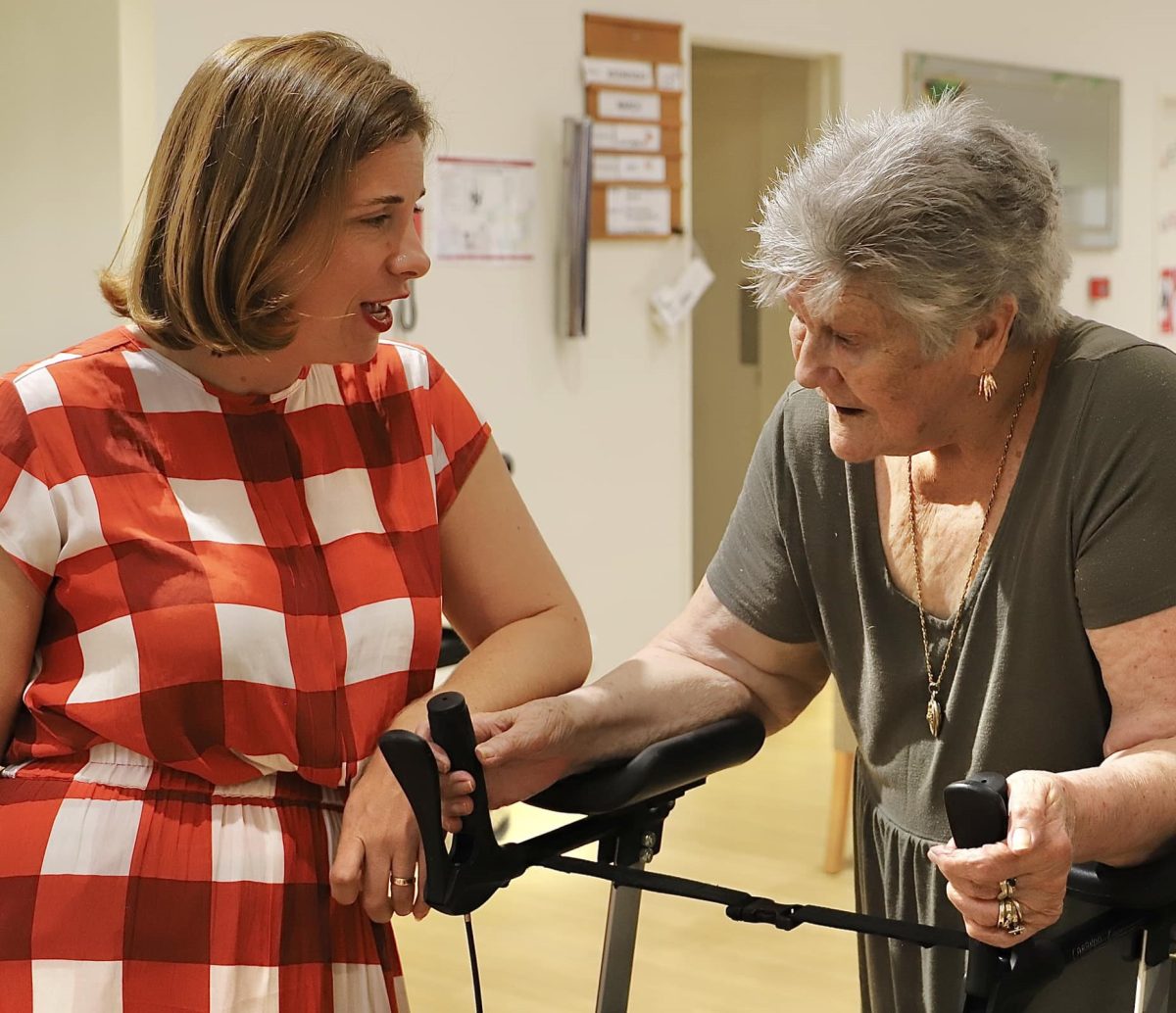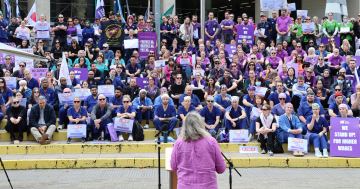
Minister for Aged Care Anika Wells said the government has followed through on its promise to give sector workers a pay rise. Photo: Facebook/Anika Wells MP.
On top of an interim 15 per cent wage rise for the Aged Care workforce, the Fair Work Commission handed down another increase totalling up to 28.5 per cent in some cases.
While the decision is complex, with the additional boosts ranging between 2 and 13.5 per cent, it’s been welcomed by the Commonwealth, which is closely examining its contents.
In November 2022, under stage 1 of the Aged Care Work Value case, the interim commission awarded an initial 15 per cent pay increase for aged care workers on several awards. However, it wasn’t until last Friday (15 March) that the commission resolved stage 3.
Fair Work’s expert panel found there to be ‘work value reasons’ for the minimum award rates of pay to be increased substantially beyond the stage 1 decision, along with a new classification structure that would establish a minimum rate consistent with similar work, establishing a sustainable awards system that doesn’t encourage leapfrogging.
Policy Director at the Australia Institute’s Centre for Future Work Dr Fiona Macdonald said the decision was crucial to supporting safe and quality care for elderly Australians and the sustainability of the aged care workforce.
“For too long, aged care work has been undervalued and low-paid,” said Dr Macdonald. “The Fair Work Commission’s decision to award additional pay rises, on top of an interim 15 per cent wage rise, is vital to fixing this.
“The introduction of a new classification structure will also provide the basis for the ongoing recognition and valuation of aged care work. It’s essential the federal government commits to fully funding the additional increases of up to 13.5 per cent from the start of the next financial year.”
While the commission’s decision has been widely praised, criticism has been raised for excluding indirect care workers, who only received a 3 percent pay rise. Dr Macdonald called it a lost opportunity to support the lowest-paid individuals engaged in the administrative and food services stream.
The Expert Panel justified their decision “without diminishing the importance” of their work, ensuring the proper functioning of residential aged care facilities by concluding it wasn’t “of equivalent value to direct care workers”.
However, a few areas were identified to be worthy of the 3 per cent rate increase, being extra training requirements in matters such as infection prevention and control measures, dementia, and Aged Care Quality Standards.
The United Workers Union (UWU) said this decision and one lifting the wage rate of those working in catering, cleaning and laundry by just under 7 per cent was far behind the total work value pay rises awarded to personal care workers.
“Failure to fully recognise support workers for the vital work they do in aged care is greatly disappointing for our members,” said UWU Aged Care Director Carolyn Smith.
“Aged care workers in catering, cleaning, laundry and maintenance play a vital role in the lives of aged care residents.
“They are often the face of aged care to many, going well beyond providing the essential services of food, clean rooms, laundry and a well-functioning facility.”
Over the last year, UWU members have been fighting for support workers to receive the same 15 per cent pay correction awarded to other aged care workers nationally.
“While a pay correction of just under 7 per cent is a start, the fight for aged care support workers to be fairly recognised for the work they do will continue,” said Ms Smith.
The Commonwealth Government has until 4 pm on 12 April to file submissions regarding the phasing in of these wage increases. Other parties have until 4 pm on 10 May to respond to the Commonwealth’s own submission.
Once all submissions have been filed, the expert panel will determine whether further hearings are required to finalise the decision.










